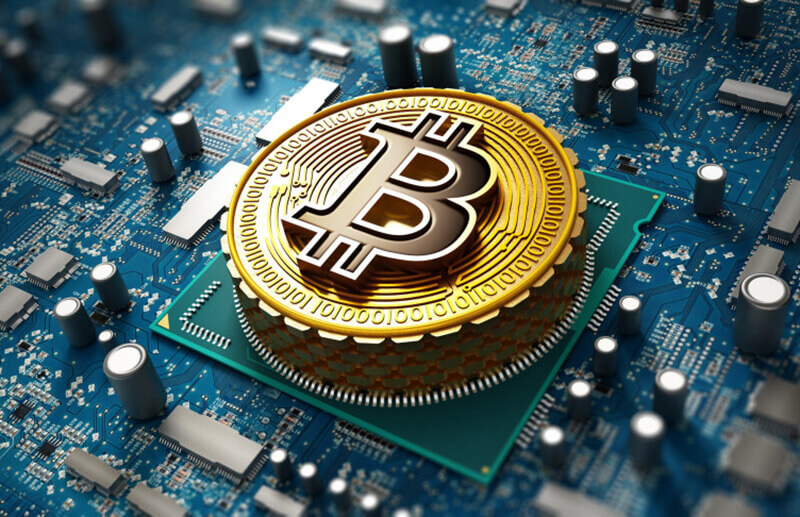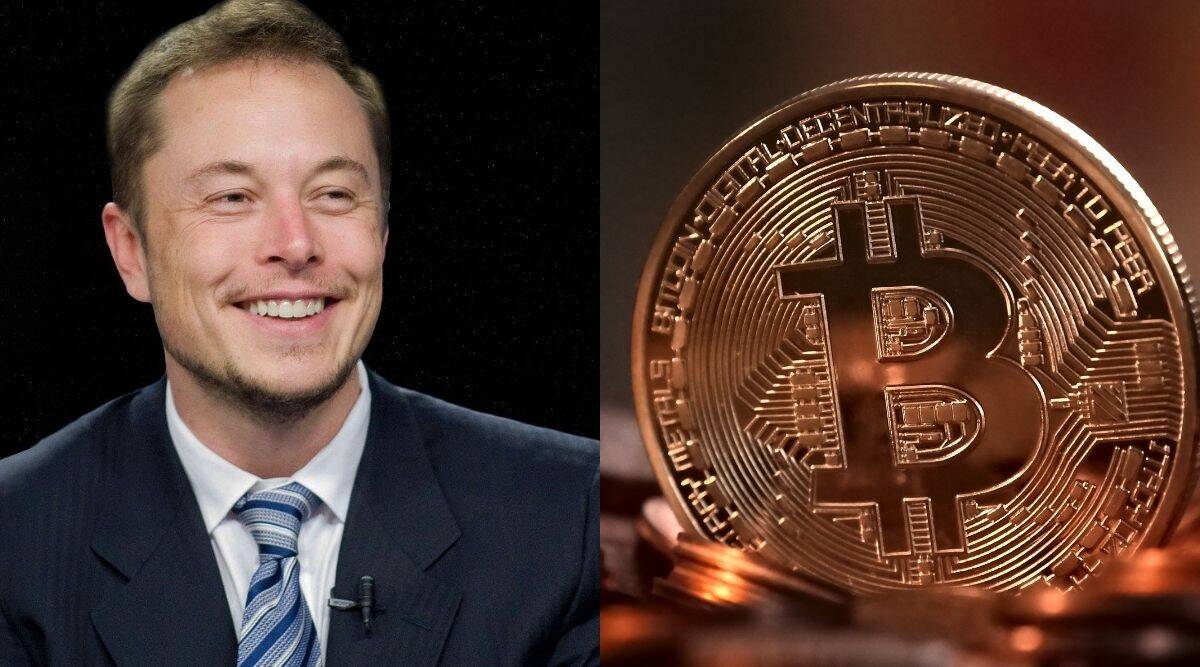Cryptocurrencies that have been used as an alternative to printed money for the last ten years have made it possible for a number of people quick and relatively easy to earn. Large investors and investment companies ten years ago predicted a very rapid decline in the value of influential cryptocurrencies and in fact the disintegration of that whole market. To the great surprise of most cryptocurrency experts, there are also today, and some have achieved such value that they are invested in them in the long run, ie not used they are as intended as a means of payment.
Predictions of rising and falling values of cryptocurrencies are even more difficult than such predictions in stock and bond markets, and they exist certain parameters by which it is evident that it is almost impossible to assess whether any cryptocurrency and its value rise or fall and by how much.

Cryptocurrency is a digital medium of exchange or exchange for money, the main characteristic of cryptocurrency is the absence of a central institution issuing them or them manages. It is quite difficult to find another financial category that is so short time attracted a large number of debates as bitcoin, and the sharp rise in the price of bitcoin attracted numerous investors who saw in it a good investment opportunity.
Cryptocurrency also has the function of protection against inflation, namely in today’s monetary the central bank system, if necessary, generates money out of nothing at a relatively fast pace leads to money losing its value.
The question that has been asked more and more often lately is whether bitcoin is harmful to the environment. Given that this is money that exists only in digital form, we cannot help but wonder what it has to do with the environment. To answer this question, we must first understand the origin of cryptocurrencies.
Bitcoin is the first digital cryptocurrency to hit the market 13 years ago. Many were skeptical and thought it would fail very quickly, but they were wrong. Many predicted that bitcoin would be successful if it managed to reach the value of the US dollar and that it would be its maximum, but no one even thought that the value of this currency would go up to $ 60,000.

As this cryptocurrency is not based on gold, it does not have a country of origin, nor does any state or banking organization stand behind it, so it does not matter who founded it. Even the founder himself has no control over it. That’s the whole idea – third-party transactions.
Cryptocurrency trading is very popular today. So, buy bitcoin or another currency in an exchange or ATM, place the money in a crypto wallet and trading can start, of course, after you choose the platform.
In addition to trading, there is mining as an option for investment and possible earnings. All you need is a good computer or specialized hardware that will solve a complex series of algorithms. The efficiency of “mining” also depends on the speed of their solution – a better computer, more bitcoin. Bitcoin can be “mined” by anyone, and no one makes money on the very origin of individual bitcoins. It sounds like something is coming out of nothing and to some extent it is. It is mining that is often associated with a negative impact on the environment.

What we can read in crypto news is the estimation that the Bitcoin network consumes the same amount of electricity per year as small countries, such as Bulgaria, which ranks it 60th on the global scale of the world’s largest electricity consumers. Simply put, the electricity required for one transaction is equal to the seven-day electricity consumption of an average family of four. We get to the main part – CO2 is emitted at every consumption.
If we compare this to CO2 emissions from cars, one bitcoin emits the same amount of CO2 as 2,000,000 cars a year, according to the Brazilian portal Blogzap. The impact of bitcoin on the environment is exacerbated by the fact that most miners are in China, where more than two-thirds of energy comes from coal.
Let us remember the company Tesla, which in March this year invested millions in Bitcoin and announced that the purchase of their cars will be possible in this cryptocurrency as well. However, in a recent tweet by Elon Musk, we learned that they withdrew that decision because he said in his quote that investing in bitcoin is a good move, but not if it is at the cost of environmental pollution.

Predicting the future of any market is always awkward, and this is especially true of the cryptocurrency market, which has not yet been fully explored and which is small a number of people know something more than the basics. Every change takes time and for that reason, cryptocurrencies in the future may profile or as a great good for the world globally, but they can become a great evil due to the increasing attempts of cyber-attacks against protection and investor security.
General market adoption can certainly be expected in the future cryptocurrencies and the potential involvement of banks by possibly throwing out their own cryptocurrencies. Once fully integrated into our lives, cryptocurrencies will make the world completely different, in ways we can only begin to understand.
The first step towards full integration of cryptocurrency is that cryptocurrencies must first become legitimate in the eyes of governments and regulators because governments continue to struggle to maintain their centralized currencies as a means of payment and for that reason, a large number of states still consider cryptocurrencies illegal and illegitimate.
El Salvador is the first country to take a step towards this and recently declared bitcoin, in addition to the dollar, as its official currency and means of payment.

It turned out that in a very short time it became not only possible replacing money already a certain competitor to capital markets and even gold. Since 2008, more than 4,500 cryptocurrencies are active, and when and whether they will successfully replace money remains to be seen.







